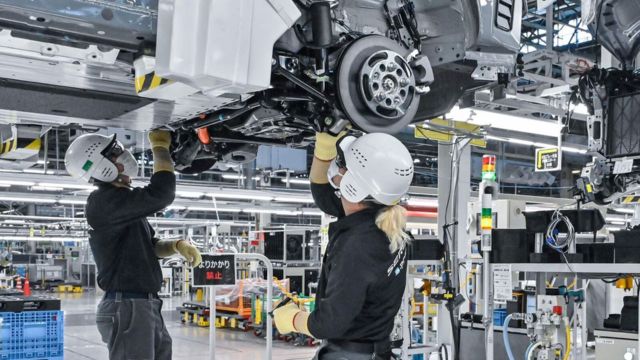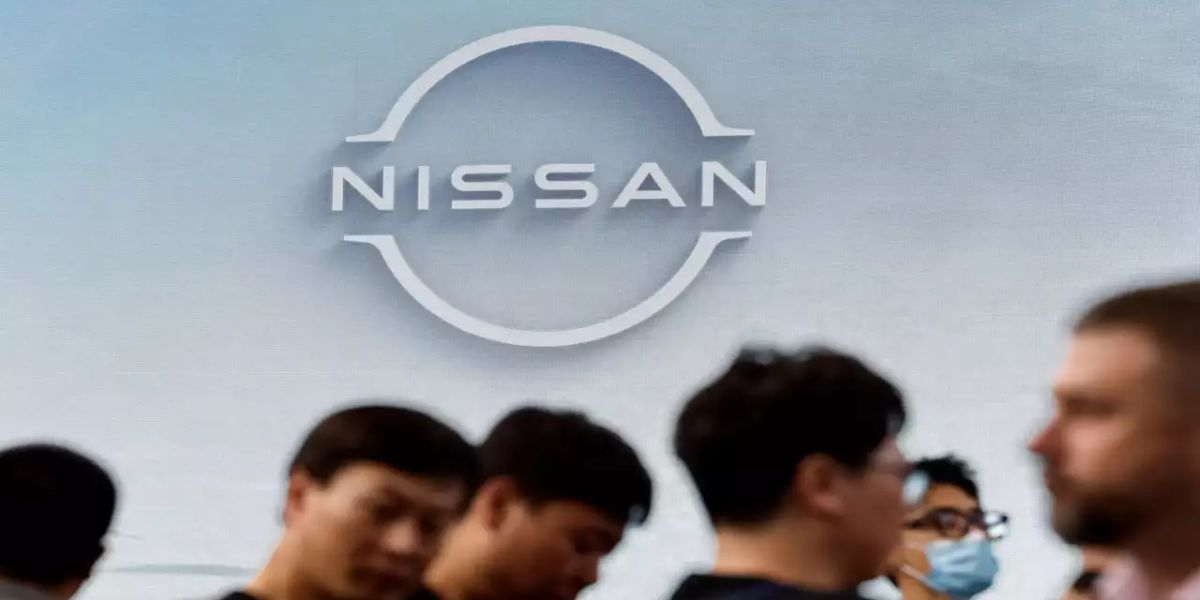Nissan Motor Company announced it will be “taking urgent measures” to turn around its business model after results from the first half of Fiscal Year 2024 showed decreased consolidated net revenue and global sales volumes, and an operating profit margin of 0.5%.
In a news release early Thursday morning, the company said it is “facing a severe situation” and laid out a plan to achieve “healthy growth,” which includes reducing fixed costs by 300 billion yen (more than $1.9 billion) and variable costs by 100 billion yen ($649 million) while maintaining a healthy free cash flow.
In order to achieve this goal, Nissan said it will cut global production capacity by 20% and its global workforce by 9,000.
“The company is implementing various measures to lower selling, general, and administrative expenses, decrease the cost of goods sold, rationalize its asset portfolio, and prioritize capital expenditures and investments in research and development,” Nissan said.

President and CEO Makoto Uchida volunteered to immediately begin forfeiting half of his monthly compensation, and other executive committee members also volunteered to take pay cuts.
“These turnaround measures do not imply that the company is shrinking. Nissan will restructure its business to become leaner and more resilient, while also reorganizing management to respond quickly and flexibly to changes in the business environment,” Uchida said.
The U.S.’s Hottest Job Market Is in California – Do You Know Which City It Is?
“We [can] aim to enhance the competitiveness of our products, which are fundamental to our success and set Nissan back on a path of growth. As a cohesive team, we are dedicated to working together to ensure the successful implementation of our plans.”
Nissan saw a decrease in every category during the first half of FY 2024 compared to the same time period in 2023. The categories include: net revenue, operating profit, operating margin, ordinary profit and net income. Global sales volumes also decreased year-on-year to 1.6 million units.
“Profitability was affected by higher selling expenses and inventory optimization efforts, particularly in the US, along with rising monozukuri costs,” the company said.
The company said it plans to advance the introduction of new energy vehicles in China and plug-in hybrids and e-POWER in the U.S., as well as reducing vehicle development lead time to 30 months.
Nissan’s ultimate goal is to “create a leaner, more resilient business capable of swiftly adapting to changes in the market.”
The Nissan Leaf is one of the company’s two electric vehicles. (Bryan Mitchell/Getty Images)
It will also utilize and deepen collaborations with Renault Group, Mitsubishi Motors Corporation and Honda Motor Company while “exploring more strategic partnerships in the areas of technology and software services.”
Nissan also said a chief performance officer responsible for sales and profit will be appointed and working in the role by Dec. 1.




